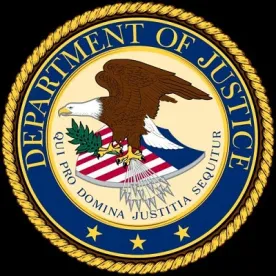With the light at the end of the tunnel getting brighter on our pandemic journey, the legal realities are only just beginning. The Department of Justice has prioritized the prosecution of fraud arising from the Paycheck Protection Program (PPP) created by the Coronavirus Aid, Relief, and Economic Security (CARES) Act.
The announcements of prosecutions across the country are increasing in frequency and suggest that big businesses, small businesses, and individuals are all within the scope of potential investigation. The first round of funding in April of 2020 exceeded $300 billion, but the speed of the allocation and the distribution caused limited oversight and eligibility criteria. When the forgiveness provisions are added to the mix, the PPP program created the perfect storm for fraud. As of May 2021, Congress has appropriated more than $800 billion to the program. It is estimated that many billions were fraudulently obtained.
The DOJ is adding more prosecutors to its Major Fraud Unit and focusing on fraudulent loan applications and false statements about employees and payroll. It is also worth noting that even if the fraud was “unintentional,” significant civil liabilities exist under the False Claims Act and other federal statutes. If deemed intentional, the criminal statue options are numerous, including bank fraud, wire fraud, and money laundering, to name a few. The potential penalties are significant.
Financial institutions should be especially attentive to their obligations under the provisions of the Suspicious Activity Reporting (SAR) requirements to Financial Crimes Enforcement Network (FinCEN). Financial institutions also should perform the required due diligence prior to approving applications for PPP loans.
In the event your business becomes aware of an investigation relating to PPP it is important to address it immediately with the assistance of counsel. The “head in the sand” strategy, hoping that it will just go away, is not only naïve but potentially very perilous.




 />i
/>i

